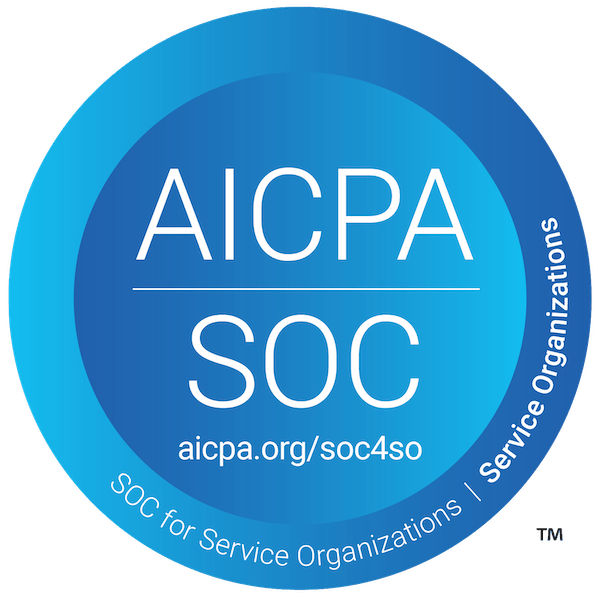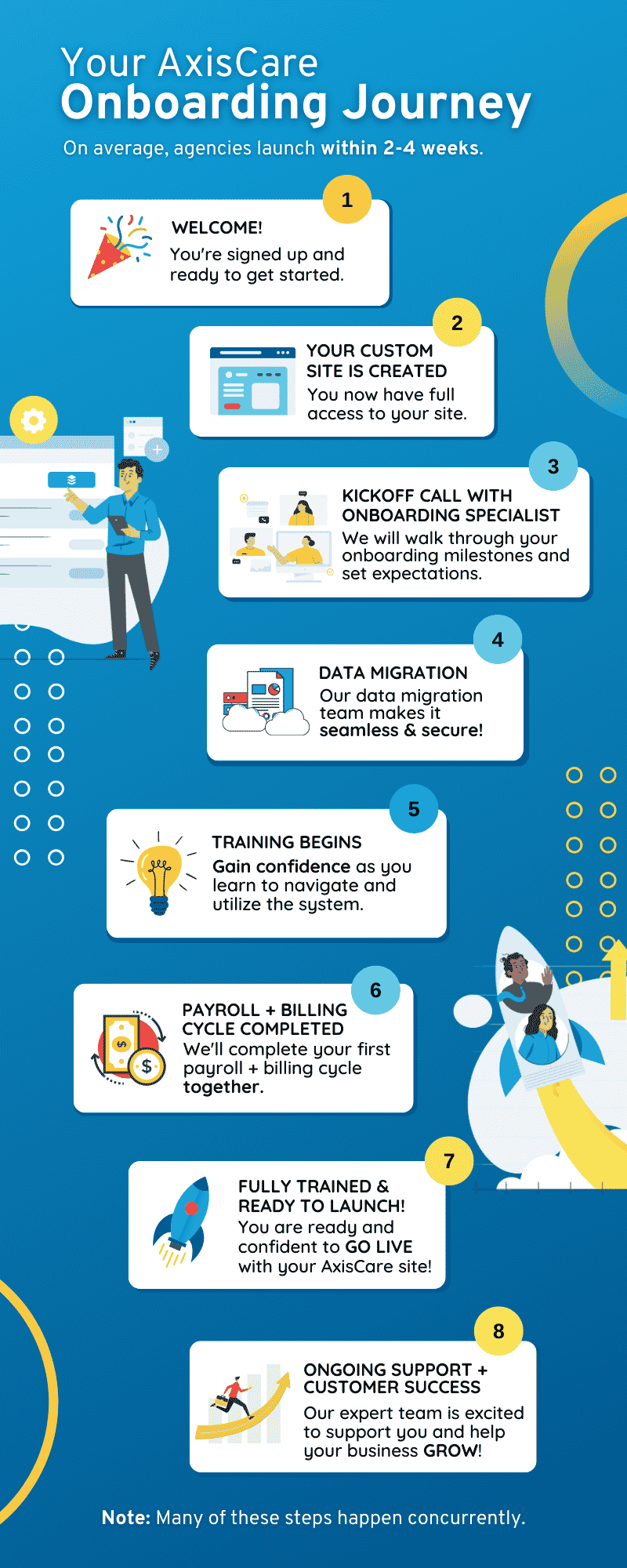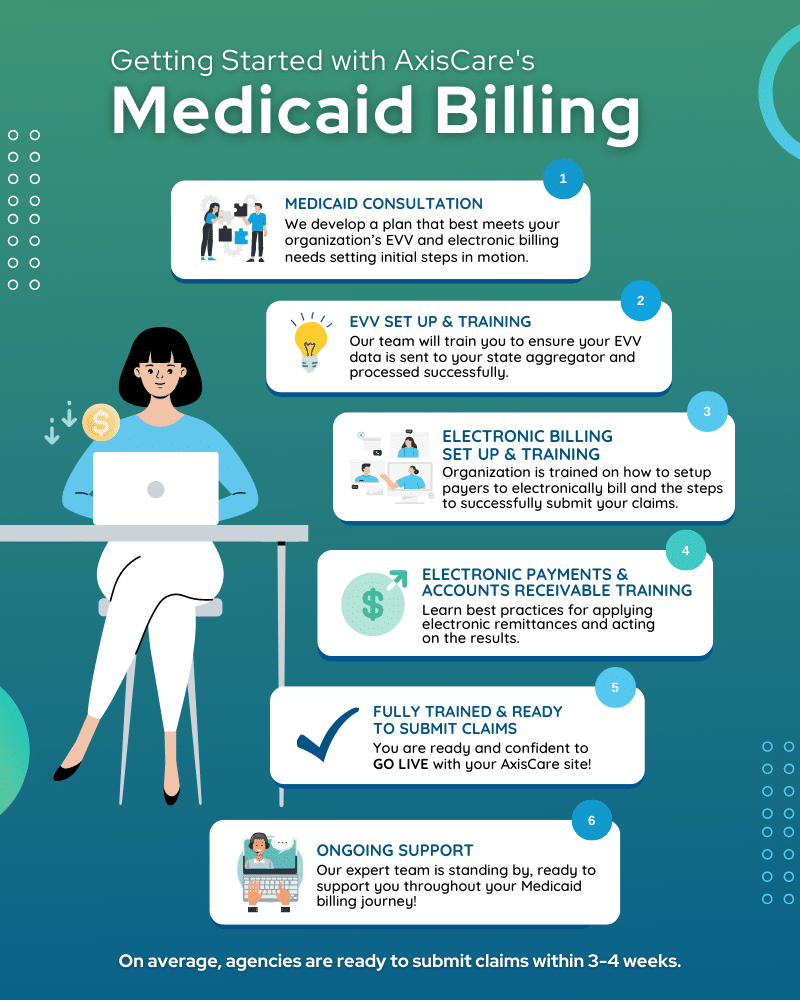Make way, fax machines and hard-copy patient records: there’s a new way of doing things.
Point of Care (POC) software empowers healthcare professionals to deliver exceptional service in any care setting. These digital platforms are a hub for all of the tools and information a health practitioner might need, from up-to-date patient records to remote progress tracking and monitoring.
If you’re a healthcare organization that has teams both in-office or on the move, here’s everything you need to know about point of care solutions.
Applications for Point of Care Software
Before we dive into the many ways in which this software can be used, it’s important to understand the term “point of care.” This refers to the specific location in which health services are being provided, whether it’s at home, at the hospital, or elsewhere.
Let’s explore the diverse scenarios in which these platforms can be used to enhance the patient experience, streamline workflows, and improve the overall quality of care.
In Hospitals and Clinics
Oftentimes, hospitals and clinics are where patient records live, but that doesn’t mean they’re always easy to access. Instead of sifting through hard-copy documentation, POC software puts vital patient information at practitioners’ fingertips, while also improving communication among healthcare teams.
In Home Healthcare
Point of care solutions play a crucial role in home care contexts by enabling healthcare professionals to access patient records remotely and improving home healthcare overall. Using helpful features like HIPPA-compliant live chat, they can also send real-time updates on patient conditions to in-office staff and continuously monitor their vital signs.
In Specialized Medicine
Specialized fields like cardiology, radiology, oncology, and neurology can use this type of software to deliver more targeted and precise care. By accessing all patient insights in one place, care providers can create tailored treatment plans, leverage predictive modeling, and even stay up-to-date on the latest research and advancements in their field.
In Emergency Medicine
In emergency situations, every second counts. POC software enables quick access to patient records, medical history, allergies, and medications, helping healthcare providers make critical decisions faster. It also provides instant guidance on treatment protocols, drug interactions, and diagnostic recommendations.
How Point of Care Software Enhances Healthcare Services
Think of POC solutions as a way to increase productivity and effectiveness. Here are just a few of the many ways it can unlock greater potential among healthcare teams.
Streamlined Administrative Tasks
Administrative work is one of the biggest time vampires in the world of medicine. Use point of care software to free up precious time by automating routine tasks, from appointment scheduling and billing to prescription management and medication reminders.
Quick Access to Patient Information
Patient records hold the key to successful treatment, so it should be easy for practitioners to pull up accurate information at the drop of a hat. Point of care software allows healthcare providers to access patient records, medical history, test results, and treatment plans in real-time. POC software can also assist with health information management.
Sharing of Care Plans
POC software acts as a connector between disparate stakeholders, making sure essential information is communicated quickly and comprehensively. It enables practitioners to share patients’ care plans in real-time, promoting coordinated and consistent care across the healthcare team.
Remote Access and Telemedicine
Visiting a healthcare facility can be difficult, or even impossible, for some individuals. Physical disabilities, chronic pain, and mobility issues can all inhibit patients from going to the hospital to receive care. In these cases, POC software enables telemedicine appointments and remote monitoring while equipping mobile care teams with all the information they need to deliver tailored service inside the home.
Reduced Duplication and Errors
Human error is a very real risk when inputting and storing patient information using analog methods. POC software helps prevent duplicate tests and procedures by providing a centralized platform where all relevant information is stored.
Advancements in Point of Care Technologies
Every day, new technologies are transforming the healthcare landscape – and POC solutions are no exception. Here’s how these systems have already made a positive impact on how we deliver care today, and how they’re poised to evolve in the future.
Mobile Health (mHealth) Applications
As we mentioned, not all care unfolds in a traditional hospital or clinical setting. Plenty of patients elect to receive health services at home, whether it’s for comfort, convenience, or both. Mobile apps can enable patients to monitor their health, track their vital signs, manage chronic conditions, and communicate with healthcare providers from the comfort of their own residence.
Remote Patient Monitoring (RPM)
Speaking of remote monitoring, RPM involves the use of wearable devices and sensors that monitor patients’ health parameters, such as heart rate, blood pressure, glucose levels, and more. That vital information is then communicated with other stakeholders to ensure continuous care and keep all parties involved up to date.
Portable Diagnostic Devices
Doesn’t it feel like processors and chips are getting smaller every year? In the medical field, advancements in miniaturization have led to the development of portable diagnostic devices and technologies. These include handheld ultrasound devices, portable ECG monitors, and point of care lab analyzers.
Lab-on-a-Chip Capabilities
Novel POC technologies are constantly becoming more sophisticated and complex. A lab-on-a-chip is a miniaturized device that can conduct multiple medical tests on a single platform. These small glass or plastic tools can handle extremely small fluid volumes, making for a highly efficient diagnostic process that can be performed at the point of care.
Enhance Your Healthcare With Point of Care Software
No matter where they are receiving care, patients deserve to have a full suite of highly effective technologies available to them – and POC software makes this a reality. Using a single platform, practitioners can deliver exceptionally customized and well-informed care, making for better patient experiences and more efficient processes for providers.
If your organization is thinking of implementing a point of care solution, the AxisCare team can guide you through every step of the process. To learn more about how we can tailor our services to you, book a demo with one of our in-house experts.










